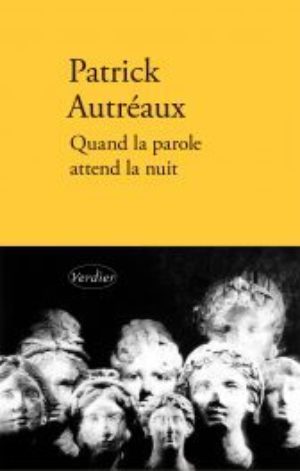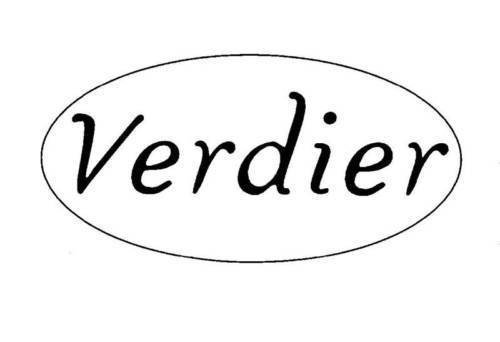
“For a long time, I have wanted to shed light on the intimate side that medical studies, and especially the practice of emergency medicine, can be when borders are pushed and one becomes aware of what it means to be human.
In sketching this mandala of the night, I wrote a novel about love. To write you have to be a little short-sighted. Otherwise you miss your target. A book is this other world that we discover without having looked for it.”
— Patrick Autréaux
In this time between the fall of the Berlin Wall and the Twin Towers, there was an era, ending the last century, that seemed to many to be in abeyance.
Solal was then studying medicine. But his youth is worried. Witnessing parents tearing each other apart, he too knows the joys and disillusions of first love. Having become an intern at the psychiatric emergency room, he learns over the course of the nights on call to listen, to no longer be afraid, to accept his helplessness at times.
A novel of apprenticeship, of initiation into love, Quand la parole attend la nuit illuminates the meanders of this labyrinth where one becomes aware that one is much more than oneself.
